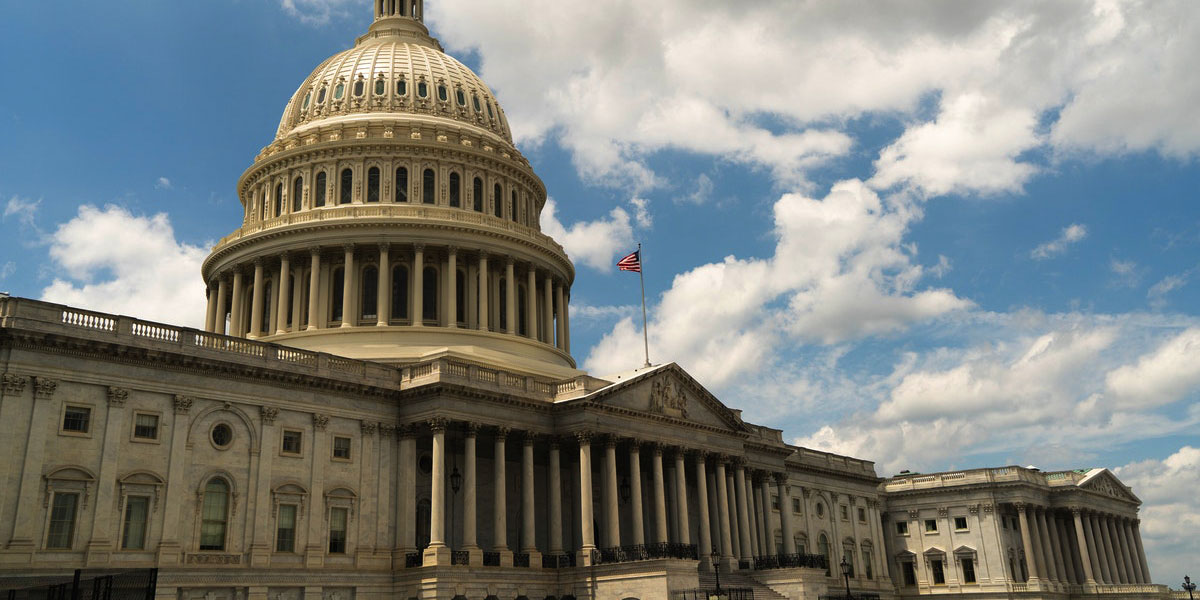This week, President Biden released his third budget proposal – a budget that contains historic investments in women, families, and workers. While much of the attention surrounding the budget has been focused on the President’s plan to shore up Medicare by increasing taxes on wealthy Americans and large corporations, the budget also makes significant investments in education, healthcare, the workforce, and social programs. Although it is unlikely to move forward in Congress in this form, the President’s budget offers a clear statement on the White House’s priorities and lays out a policy vision for American families.
There is a lot to be excited about in the over 180 pages of President Biden’s budget, and many investments that – if ever enacted – would have major implications for the lives of women and families. Some of the items that we, at IWPR, see as particularly promising are:
Restoration of the expanded Child Tax Credit. The President’s budget calls for the revival of the expanded Child Tax Credit, a program originally enacted as part of the American Rescue plan but allowed to expire, despite its success in cutting child poverty in half in 2021. The Biden budget increases the credit to $3,600 per child under six years old and $3,000 per child six years old and over and changes the rules around the program to ensure that more low-income families qualify.
Investments in child care and early childhood education. The White House has rightly emphasized the historic investments in families with young children that are included in the President’s budget. Specifically, the budget creates a new Federal-State partnership to provide universal, free preschool for all four-year-olds, which has the potential to expand the program to three-year-olds. It also includes robust funding for existing child care and early childhood programs, including a significant increase for the Child Care and Development Block Grant, increased funding for Head Start, and increased funds for the Preschool Development Grants program.
Creation of a national paid family and medical leave program. One of the most exciting provisions in the President’s budget is the inclusion of $325 billion to create a comprehensive national paid family and medical leave program. Most workers in the US do not currently have access to paid family and medical leave, and 92% of the lowest-paid workers do not. President Biden’s proposal would provide up to 12 weeks of leave to allow workers to take time to bond with a new child, care for an ill family member or loved one, heal from a medical issue, leave an abusive domestic situation, or other critical life situations.
Supports for workplace protections, worker rights, and related programs. President Biden’s budget includes a range of investments in the rights of workers and increases funding for the Department of Labor’s offices that protect workers and enforce workplace laws. The budget proposes increased penalties on employers who violate labor laws and retaliate against workers who organize. The budget also calls for paid sick leave for all workers, asking Congress to mandate that employers provide seven days of paid sick leave each year.
Policies that make higher education more accessible. The Biden budget increases the maximum Pell Grant award – the federal, need-based grant program that helps low-income families pay for college. Around 6.8 million students receiving Pell Grants annually, and the proposed increase builds upon recent efforts to increase the maximum award by $900 over the past two years – a fact that the President notes “provides a path” to double the maximum award by 2029. The budget also includes a new grant program to provide two years of free community college education, as well as two years of subsidized tuition for students from low-income families studying at a four-year Historically Black College and University (HBCU), Tribally Controlled College and University (TCCU), or Minority-Serving Institution (MSI).
Support for students in postsecondary education. The President’s budget also cites investments in student success, including new funding for mental health services for students, as well as increased access to non-student aid public benefits and increased funding for access to child care for student parents.
President Biden’s budget lays out several exciting policy proposals and critical funding for women and families across the country – programs that would make an immediate and tangible difference in women’s economic well-being. As the focus now shifts to the congressional appropriations process, IWPR urges members of the House and Senate to work to make these important investments a reality.


